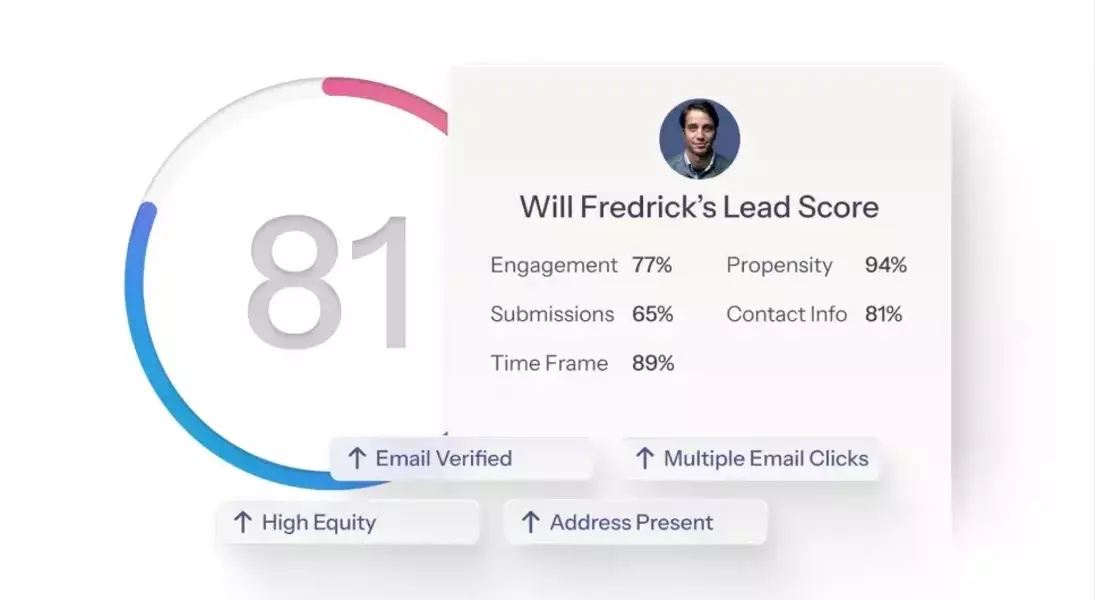




In the dynamic realm of real estate, forging robust connections is the cornerstone of a thriving enterprise. Real estate professionals frequently depend on their network, often referred to as their sphere of influence (SOI), to secure future transactions. This is a crucial asset, as your network comprises individuals you already know, serving as a consistent fount of referrals and repeat business.
Traditional networking approaches may not resonate with all real estate agents, particularly those who find large social gatherings challenging. However, expanding your SOI transcends merely distributing business cards. This comprehensive guide elucidates the true nature of your sphere, outlines initial steps for its development, and presents effective strategies to genuinely and confidently cultivate and broaden your network.
A real estate sphere of influence (SOI) encompasses all essential contacts a real estate expert maintains. This includes current and former clients, acquaintances, relatives, professional associates, and other individuals within the real estate sector. Developing and fostering a robust SOI is vital, as these individuals are instrumental in generating referrals, repeat business, and endorsements—all indispensable for a prosperous career.
Maintaining active engagement with your sphere necessitates continuous effort through regular communication, attendance at networking events, social media interaction, and other channels. This ensures you remain a primary consideration and continue to receive business opportunities. Successful real estate agents thrive by building, maintaining, and expanding relationships, rather than treating transactions as isolated events.
Understanding the criticality of a real estate sphere of influence is fundamental. Statistics underscore its importance: according to the National Association of Realtors (NAR), a significant portion of home sellers—66%—found their agent through a referral or past experience. Furthermore, 88% of home buyers express willingness to recommend their agent if they plan to reuse their services. Cumulatively, 82% of all real estate transactions stem directly from referrals or repeat business. This data is compelling because most buyers and sellers typically engage with the first agent they encounter. Therefore, by staying prominent within your sphere, you increase the likelihood of being their initial point of contact when they contemplate a move. Investing in your SOI translates into higher conversion rates, superior client retention, and reduced lead generation expenses. A strong sphere cultivates a strong business.
Embarking on the journey to construct your real estate sphere of influence begins with compiling an exhaustive list of every individual you know. This includes contacts saved in your phone, social media connections, email lists, past clients, and members of community groups you participate in. This preliminary list forms the bedrock of your network, and you will likely discover it is far more extensive than initially anticipated. Once compiled, categorize these contacts based on the depth of your relationship and their propensity to provide future business. This classification will inform your communication strategies and follow-up approaches.
After establishing your core sphere of influence, the subsequent step involves active engagement. The objective is to initiate genuine conversations, devoid of immediate sales pitches. While aiming for meaningful interactions, ensure authenticity. Effective strategies include sending casual messages, sharing local community updates or helpful tips on social media, commenting on others' posts, acknowledging life milestones, or offering assistance with non-real estate related problems. Expanding your outreach should begin with your closest connections—family, friends, social groups, educators, neighbors, and other professionals with whom you have existing relationships. The goal is to cultivate long-term connections, rather than focusing solely on immediate transactions, thereby ensuring you are the preferred contact when real estate needs arise for them or their acquaintances.
Your existing real estate sphere can become a powerful referral engine, but it is crucial that your network understands you are actively seeking business. Requesting referrals doesn't have to be overt; a conversational approach is often more effective. Instead of direct inquiries like, \"Do you know anyone looking to buy or sell?\" consider phrasing it as, \"If you hear of anyone contemplating a move, I'd appreciate an introduction.\" Similarly, instead of asking for referrals, suggest, \"I'm always glad to be a resource for your friends or family if they ever need real estate advice.\" This subtle approach encourages your network to think of you naturally when real estate opportunities arise.
Beyond direct requests, actively seek opportunities to maintain engagement. Consider organizing social events, starting a book club, or hosting monthly coffee meetups. If you have personal interests, form local groups around hobbies like gardening or hiking. When individuals feel a personal connection with you, they are more inclined to entrust you with professional referrals. Showing up, interacting genuinely, and building trust over time are the cornerstones of successful networking, and referrals will naturally follow.
Consistent and strategic marketing is pivotal for maintaining visibility within your real estate sphere of influence. This encompasses leveraging platforms like Instagram, Facebook, and LinkedIn to share authentic stories and engaging content. The focus should be on relatability rather than solely promoting listings. Sharing personal anecdotes, humorous content, or glimpses into your daily life as an agent helps forge deeper connections. Engaging with your audience through comments and messages reinforces these bonds. Furthermore, providing local insights, market trends, or home maintenance tips positions you as a valuable resource. Tools like direct mail platforms can further enhance consistent, branded communication without requiring a substantial budget. The aim is to share content that aligns with your personal brand and clearly communicates how you can assist, ensuring you are the first professional thought of when an agent is needed.
In conclusion, the real estate profession is fundamentally centered on human connections. Cultivating your sphere of influence is not a singular task but an ongoing commitment that evolves throughout your career. It demands dedication and consistent presence, even when immediate results are not apparent. By consistently engaging, staying connected, and demonstrating genuine care for those in your network, your efforts will yield significant returns. Ultimately, your sustained investment in these relationships will ensure that when individuals require real estate expertise, they will invariably turn to you, having already earned their trust.
